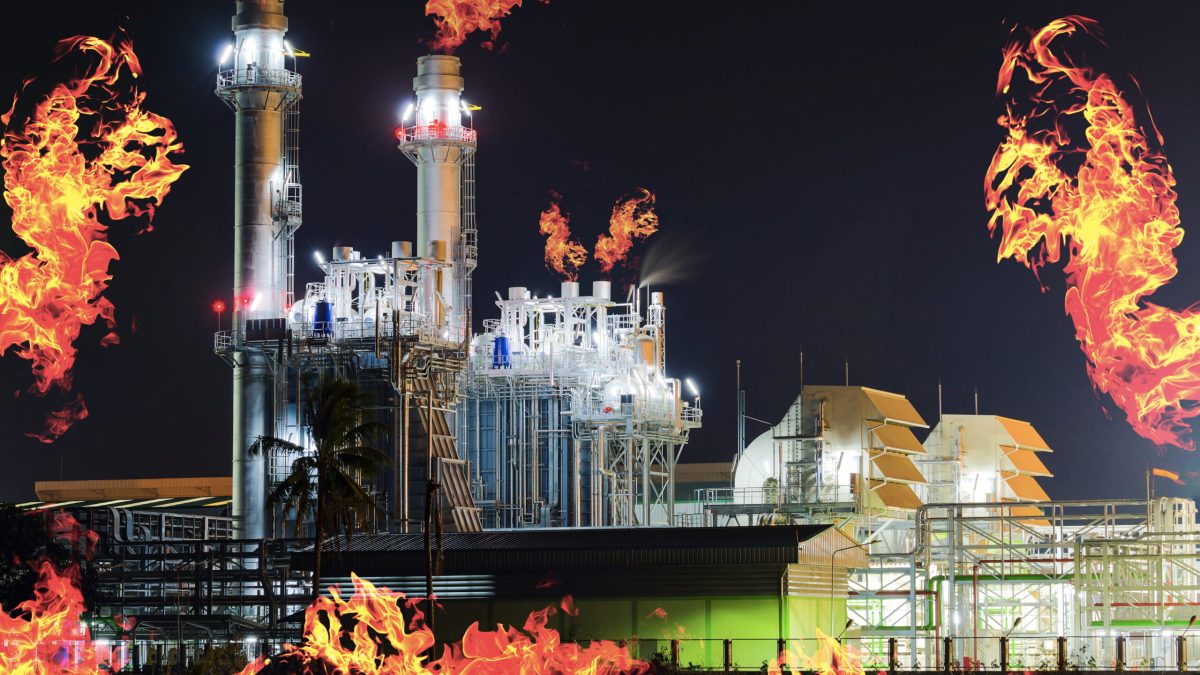Major energy companies in Europe focused on profits from oil and gas business in 2024, pushing back climate commitments, Reuters reported on Thursday.
According to the report, the trend is likely to continue in 2025 as well.
Governments around the globe have slowed down the implementation of clean energy policies and delayed targets since the invasion of Russia into Ukraine in 2022.
This led to a rise in energy costs as several Western powers imposed sanctions on Russian energy exports to hinder Moscow’s efforts in the war against Ukraine.
The share performance of big European energy firms lagged compared with heavyweights in the US such as Chevron and Exxon, which had more focus on oil and gas.
The European firms had invested heavily in the clean energy segment over the last few years.
Backtracking on clean energy investments
According to Reuters, the likes of BP and Shell had cut their plans to spend billions of dollars on clean energy projects in 2024.
These firms shifted focus to their oil and gas business segments, which were more profitable.
BP had announced earlier this month that it would enter into a joint venture with Japanese power generator JERA to spin off most of its offshore wind projects.
According to the report, BP had a target for a 20-fold growth in renewable energy during 2020-30 to 50 gigawatts.
Additionally, Shell stopped its investments in new offshore wind projects, while exiting the power markets in Europe and China. The company also weakened its carbon reduction targets this year.
Meanwhile, Norway’s state-owned Equinor also trimmed down its investments in clean energy projects.
Rohan Bowater, analyst at Accela Research, told Reuters:
Geopolitical disruptions like the invasion of Ukraine have weakened CEO incentives to prioritise the low-carbon transition amid high oil prices and evolving investor expectations.
He said BP, Shell, and Equinor reduced low-carbon spending by 8% in 2024, according to the Reuters report.
Shell told Reuters that it remained committed to becoming a net-zero emissions energy company by 2050 while continuing its investments in renewables.
“The offshore wind segment has been through demanding times in the last couple of years due to inflation, cost increase, bottlenecks in the supply chain, and Equinor will continue to be selective and disciplined in our approach,” the news agency quoted Equinor in its report.
Tough climate
The backtracking of major oil companies in implementing clean energy policies is a major challenge.
Scientists have warned that 2025 could be the warmest year on record as carbon emissions reach new highs, Reuters reported.
Additionally, the election victory of Republican Donald Trump also clouded the outlook on the energy transition goals.
The US President-elect Trump is expected to support oil and gas companies in the country and roll back several climate regulations, which were passed under the incumbent President Joe Biden.
The energy companies around the world, particularly in Europe would be interested in seeing whether Trump repeals Biden’s landmark clean energy policies. These firms have investments in the renewables sectors across the US.
Slowing oil demand
Even as oil majors try to focus on fossil fuels for profits, there could be holes in their plans.
Oil demand growth has remained subdued over the past year. China’s faltering economy has weighed on its imports of oil.
The Asian giant is the world’s biggest importer of crude oil.
Experts believe that oil demand could peak in China in the coming years.
Meanwhile, the Organization of the Petroleum Exporting Countries and its allies have delayed production increases multiple times in 2024, which signalled poor demand.
Growing supply next year from the US, Brazil, Guyana, and others are likely to keep the market oversupplied, according to the International Energy Agency.
As a result, this could further eat into the profits of oil companies next year. Net debt for the top five western oil majors is expected to rise to $148 billion in 2024 from $92 billion in 2022, Reuters quoted LSEG estimates in the report.
The post Oil majors like BP, Shell shift focus back to oil and gas, delaying clean energy goals appeared first on Invezz

